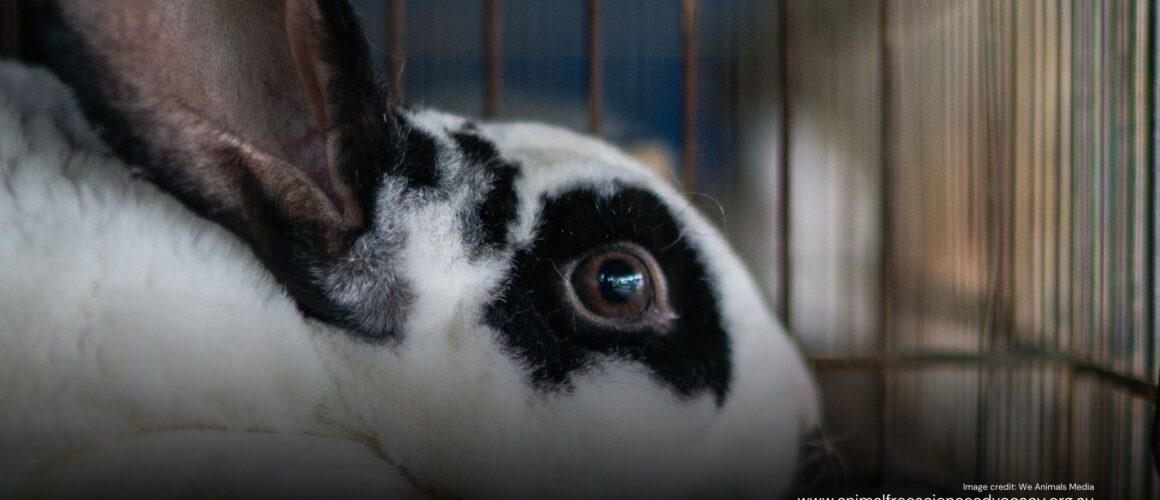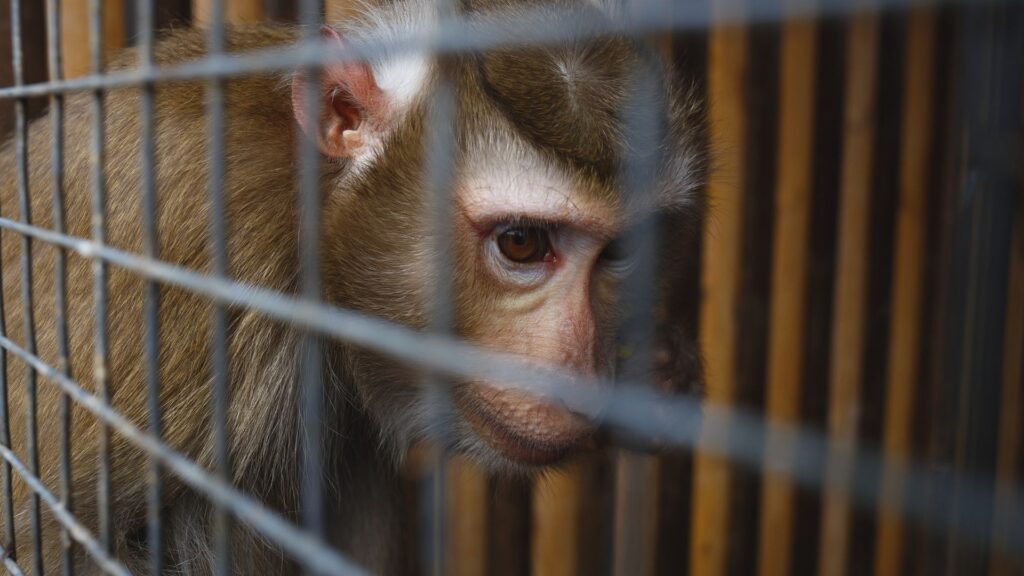When HRA advocate at a federal level, we are often referred to state government. It’s therefore a priority that statewide legislation is strengthened. With over 1.5 million animals reported by Animal Welfare Victoria to have been used in scientific research and education in Victoria in 2017, the stakes are particularly high.
The Prevention of Cruelty to Animals Regulations (POCTA Regulations) protect the welfare of animals in Victoria by supporting requirements set under Victoria’s primary piece of animal welfare legislation – the Prevention of Cruelty to Animals Act 1986 (POCTA Act).
The new Regulations commenced on 14 December 2019, replacing the previous POCTA Regulations 2008. Whilst there is limited focus on animals used in science and teaching, there are some new requirements. In short, the following requirements are now in effect:
- Mandatory training for new Animal Ethics Committee (AEC) members
- Procuring or sourcing of an animal from an animal pound or shelter for use in a scientific procedure or program under a scientific premises licence has been prohibited
- New provision setting out obligations as to AEC members
The new regulations are supported by HRA, particularly as we have identified many issues within the operation of Animal Ethics Committees. The presence of animal ethics committees, and in particular inclusion of a category C member (animal welfare representative), is often used by researchers to promote a ‘clean’ image of the research industry to the public – as an assurance that the care and use of animals is sanctioned by those with a concern for their welfare and/or rights.
There is no requirement for animal welfare representatives to have the necessary qualifications to challenge the justification of animal use and as such an over-reliance on researchers to have explored all possible alternatives to animal use.
As per the new regulations:
‘The Minister may approve, by notice in the Government Gazette, training for members of Animal Ethics Committees.
The training must address obligations and responsibilities of members of Animal Ethics Committees under the Australian Code.
A member appointed to an Animal Ethics Committee on or after 14 December 2019 must, prior to or within 6 months of their appointment, complete a training course approved by the Minister under this regulation’.
We therefore hope that mandatory training will go some way in restoring this balance. At this stage, it is not clear what the training will comprise of, but there is a fine for non-compliance, which provides some assurance that it will be adhered to.
It is important to note that The POCTA Act is not being revised; only the POCTA Regulations, which are subordinate to the Act and can only enforce the laws that exist. HRA are calling for the POCTA Act itself to be revised, owing to the many failings which permit the unnecessary use of animals in research in Victoria. For example, current practices in Victorian schools include dissections and chick hatching programs – all of which raise many welfare concerns, and at the same time instill an attitude in students that animals are objects rather than sentient beings.
HRA is calling for:
- Greater transparency of animal research, through the provision of publicly accessible information such as names of license holders and annual reports of scientific establishments.
- An overhaul of the animal ethics committee system to ensure there is a centralised authority regulating the use of animals in research.
- Financial incentives for researchers to develop and validate non-animal methods of research.
- Mandatory rehoming of ex-laboratory animals wherever possible.
- The elimination of animal use in schools.
- Establishment of an independent body to enable to enable the oversight and regulation of animal experimentation.
We have contributed to public consultations to press for the above measures and will continue to advocate on behalf of laboratory animals as new legislation develops. The timing of this is in the hands of the Victorian Government.

